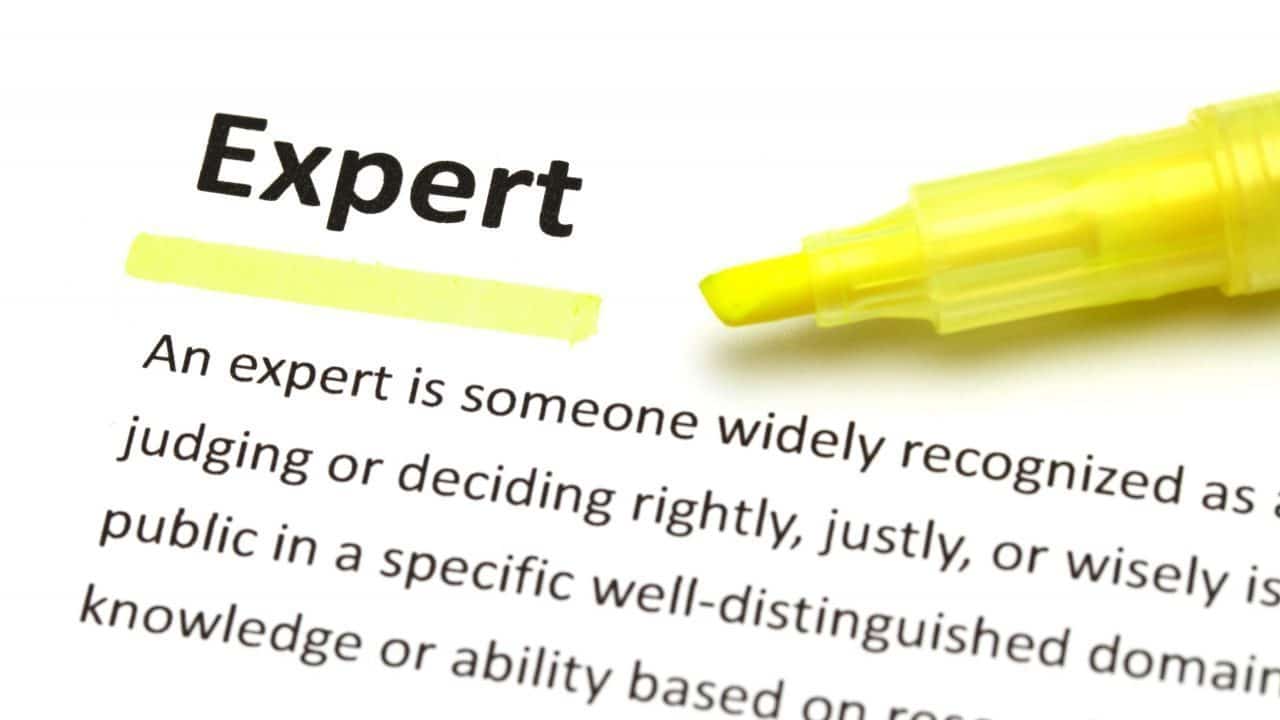Introduction
In a progressively globalized world, the need to assess work experience accurately has never been more vital. Individuals looking to advance their professions or relocate often find themselves navigating a labyrinth of scholastic and expert credentials from numerous countries. For companies and universities alike, understanding these qualifications is essential in ensuring that they pick the best prospects.
This post dives deep into Unlocking Possible: Comprehensive Work Experience Evaluation Techniques, checking out numerous approaches, consisting of academic credential evaluation, international credential assessment services, course-by-course credential evaluation, and the importance of the expert opinion letter in making informed decisions about prospective employees or students.
Unlocking Potential: Comprehensive Work Experience Evaluation Techniques
Evaluating work experience functions as a bridge in between specific potential and opportunity. Yet, how do we open this prospective effectively? The response depends on a multi-faceted method that includes different assessment methods customized to specific requirements and contexts.
Understanding Work Experience Evaluation
Work experience assessment examines an individual's professional background, skills, and competencies relative to job requirements or academic requirements. This procedure can significantly differ based on area, industry, and particular roles.

The Importance of Precise Evaluation
Why is accurate work experience examination essential? Misjudgments can lead to poor hiring decisions, mismatched educational placements, or unfinished profession aspirations. It's important for employers and institutions to ensure they make use of exact approaches when assessing qualifications.
Key Elements in Examining Work Experience
Professional Background Check
A comprehensive evaluation of previous work history is essential. This includes validating job titles, durations of work, obligations held, and achievements.
Skills Assessment
Understanding the abilities acquired throughout previous roles helps gauge viability for future positions.
Industry Relevance
Assessing whether past experiences align with present industry standards is necessary for a significant assessment.
Academic Credential Evaluation
This involves analyzing any official education got alongside expert experience.
Types of Credential Evaluations
International Credential Assessment Services
When candidates have credentials from foreign organizations, global credential examination services enter into play.
What Are International Credential Assessment Services?
These services examine foreign instructional credentials against regional requirements. They offer insights into how degrees translate within the domestic education system or labor market.

Why Usage These Services?
- To understand equivalency in regards to education level To help with smoother migration processes To improve employability by verifying foreign qualifications
Course-by-Course Credential Evaluation
What Is Course-by-Course Credential Evaluation?
This type assesses each course taken throughout a prospect's education journey instead of simply supplying a general degree equivalency.
Benefits
- Detailed insights into particular courses carried out Enables organizations to make educated decisions regarding credit transfers Supports candidates looking for further education by highlighting strengths and weak points
Crafting Reliable Professional Viewpoint Letters
An expert viewpoint letter serves as a crucial document in many assessment procedures.
What Is an Expert Viewpoint Letter?
This letter is written by professionals who have expertise in examining academic qualifications or work experience relative to industry standards.
Why Are They Important?
Expert viewpoint letters serve numerous functions:
- Provide authoritative assessments Validate claims made by prospects about their experiences Enhance trustworthiness during application procedures
Steps for Conducting a Thorough Work Experience Evaluation
Gather Documentation
Collect all appropriate documents including CVs, referral letters, and performance reviews.
Conduct Interviews
Direct discussions offer much deeper insights into candidates' experiences and soft skills.
Use Standardized Tools
Employ frameworks or tools developed for evaluating abilities and experiences systematically.
Comparison Against Standards
Align findings with market benchmarks to ascertain relevance and value.
Compile Findings into Reports
Present results plainly for stakeholders' review-- openness is key!
Challenges in Work Experience Evaluation
Recognizing Pitfalls
Despite best shots, obstacles are plentiful in assessing work experience properly:
Cultural Distinctions Variability in Task Titles Lack of Standardization Across AreasHow to Conquer These Challenges?
- Train evaluators on cultural competency. Utilize databases that clarify job title equivalencies throughout industries.
FAQs
1. What does academic credential evaluation entail?
Academic credential assessment usually involves assessing degrees obtained from various institutions worldwide to identify their equivalency in another nation's education system.
2. Why are global credential examination services necessary?
They assistance confirm foreign certifications so that individuals can gain work or admission into educational programs without confusion over their qualifications' legitimacy.
3. What identifies course-by-course credential assessment from regular evaluations?
Course-by-course evaluations analyze each private course taken during one's education instead of simply assessing the degree as a whole.
4. How does a professional viewpoint letter support my application?
A professional opinion letter provides reliable backing for your claims concerning your certifications or experiences and can considerably boost your application's strength.
5. What prevail obstacles dealt with during work experience evaluations?
Common challenges include cultural differences impacting analyses of roles/skills, variability in job titles throughout areas, and lack of standardization causing confusion over equivalencies.
6. How can I get ready for a work experience evaluation?
Gather thorough paperwork like your CV/resume, referrals from previous companies, performance evaluations if offered, and be all set to discuss your experiences openly during interviews.
Conclusion
As we've checked out throughout this https://internationalevaluations.com/academic-evaluations/ short article on " Unlocking Possible: Comprehensive Work Experience Assessment Techniques," it's clear that efficient evaluations hinge on nuanced understanding and meticulous execution of several techniques-- varying from academic credential assessments to expert viewpoint letters that lend credence to personal narratives.
Employers need to accept these thorough strategies not simply as governmental needs but as chances to empower individuals through reasonable evaluations-- ultimately opening the huge potentials concealed within diverse backgrounds worldwide! By investing time in refining these strategies today, businesses can build more powerful groups tomorrow while people can navigate their career courses with clearness and confidence.